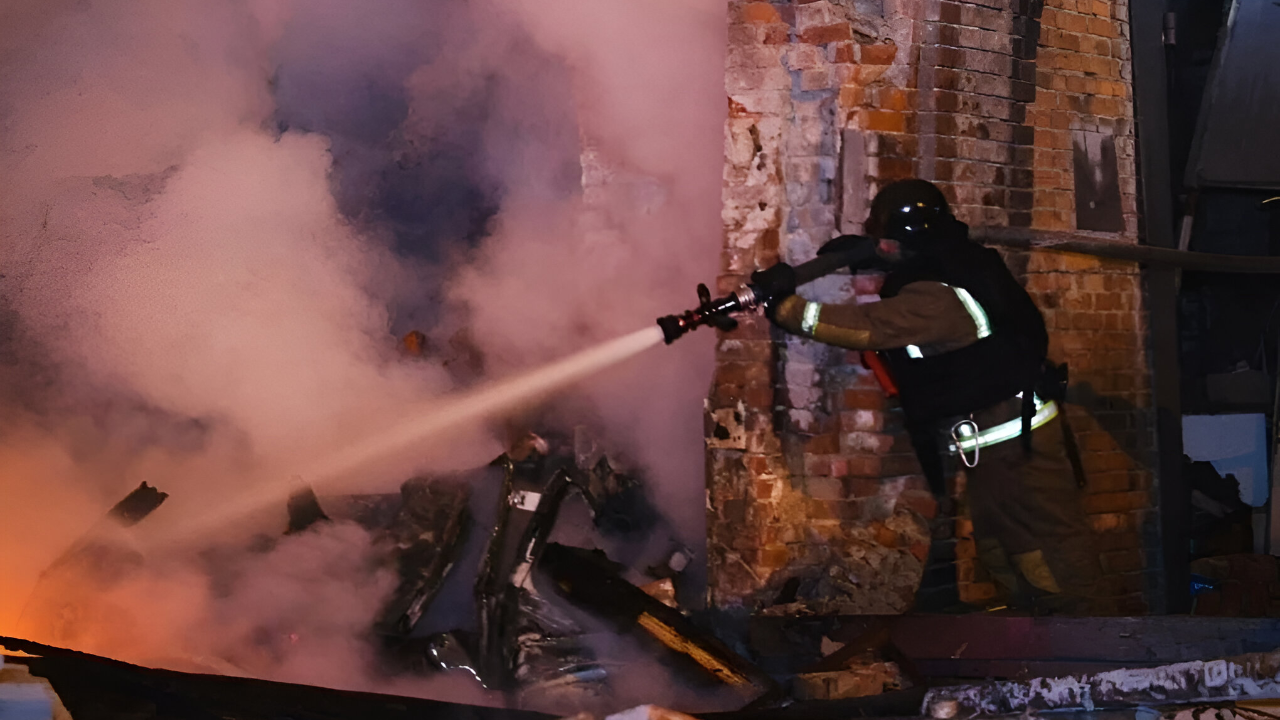
Kharkiv’s central hospital became the latest target in Russia’s overnight bombardment, injuring at least 57 people and forcing a frantic evacuation of patients and staff. Governor Oleh Syniehubov confirmed the blast came from glide bombs and drones.
“It was terrifying,” one patient told Radio Free Europe/Radio Liberty, describing glass shattering across the ward as alarms blared through the night.
Zelenskyy Condemns “Terrorist” Attack on Lifesavers

Within hours, President Volodymyr Zelenskyy called the hospital strike an “utterly terrorist, cynical attack on a place where lives are saved,” according to remarks shared on Telegram.
He urged Ukraine’s allies to respond “decisively,” vowing that Russia would “be held accountable for every civilian life lost.” The attack marked one of the most direct assaults on medical infrastructure in recent weeks.
UN Convoy Hit in Southern Ukraine

The violence didn’t stop there. UN officials confirmed that a United Nations aid convoy came under fire while delivering supplies to Bilozerka in southern Ukraine. Two trucks were damaged, but miraculously, no one was hurt.
The UN condemned the attack as “a violation of humanitarian law,” demanding Russia guarantee safe passage for aid workers risking their lives to reach civilians.
Humanitarians Warn Hospitals Are Running Out of Supplies
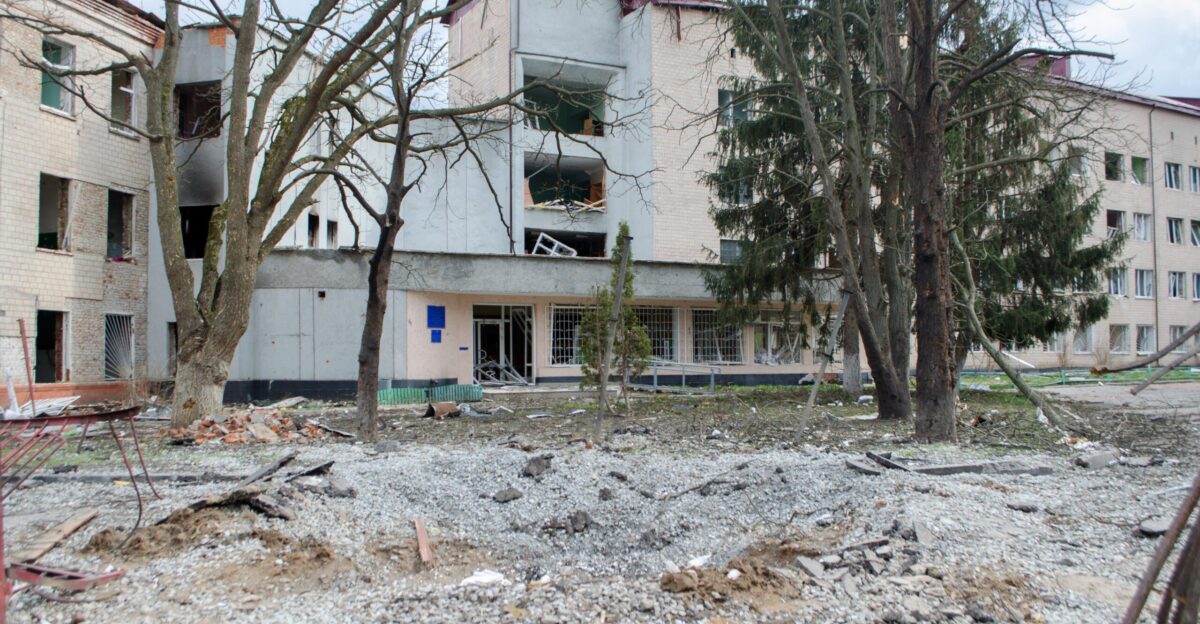
Aid groups have repeatedly documented attacks on medical facilities and warned that Ukraine’s hospitals are under acute strain. Doctors Without Borders and other NGOs have reported dwindling fuel, emergency kits, and generator capacity, saying many clinics are resorting to blackout protocols and makeshift wards.
The organizations urge immediate protection for medical teams and uninterrupted humanitarian access.
Russia Renews Strikes on Ukraine’s Energy Grid
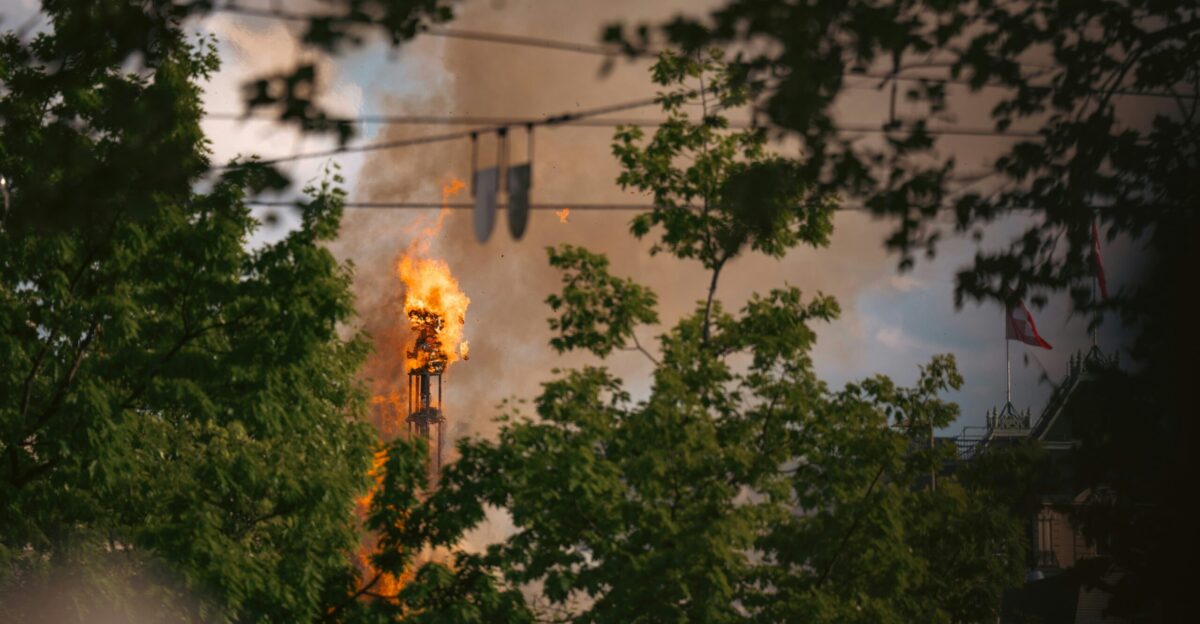
Zelenskyy said Russia’s missiles and drones also targeted power and gas facilities overnight, part of what he called “a campaign to freeze our people into submission.”
Massive outages were reported in Kharkiv, Sumy, and Kherson, leaving thousands in the dark. Utility crews worked through freezing rain to restore electricity before another wave of strikes hit the following evening.
Kharkiv Officials Race to Evacuate Patients
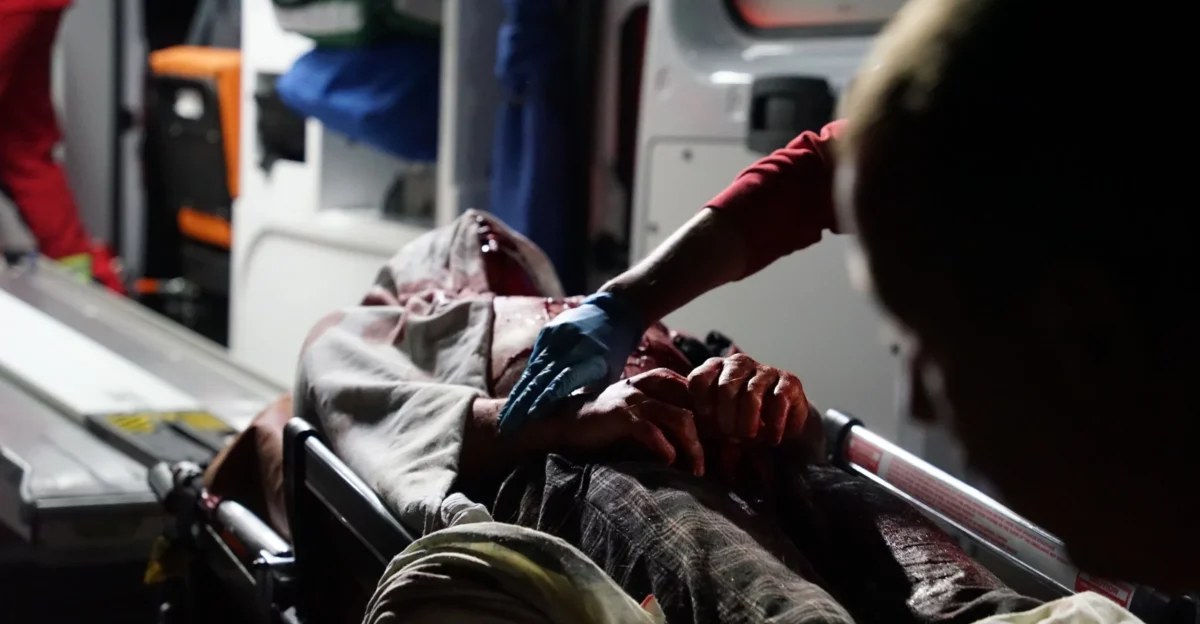
As smoke filled the hospital corridors, Kharkiv’s emergency teams scrambled to move patients to safety. Mayor Ihor Terekhov said all were evacuated, though many were treated for shock and minor injuries.
“Doctors are still examining everyone,” he told RFE/RL. By dawn, crews had cleared debris and secured the site, but operations now depend on nearby backup clinics.
Washington’s Dilemma: Arming Ukraine or Avoiding Escalation
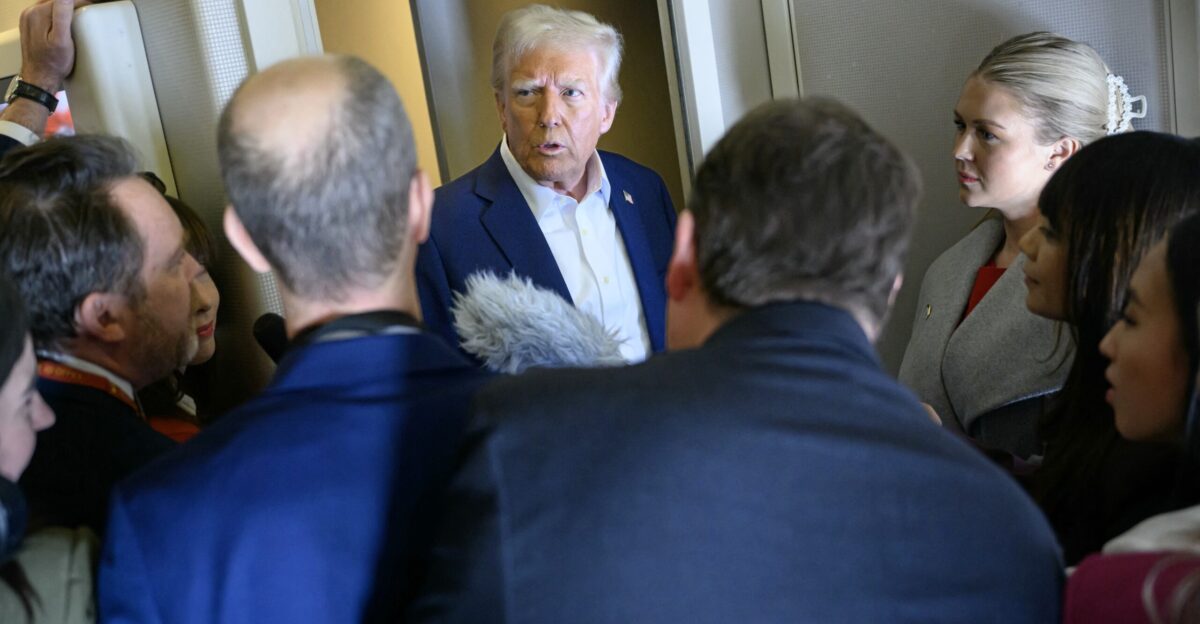
The mounting destruction has shifted attention to Washington, where President Donald Trump faces growing pressure to approve the transfer of Tomahawk cruise missiles to Ukraine.
The move could give Kyiv unprecedented reach—up to 1,000 miles—but also risks widening the conflict. According to Politico, senior aides are divided between those urging deterrence and others warning of direct escalation.
Trump: “Do They Want Tomahawks Heading Their Way?”
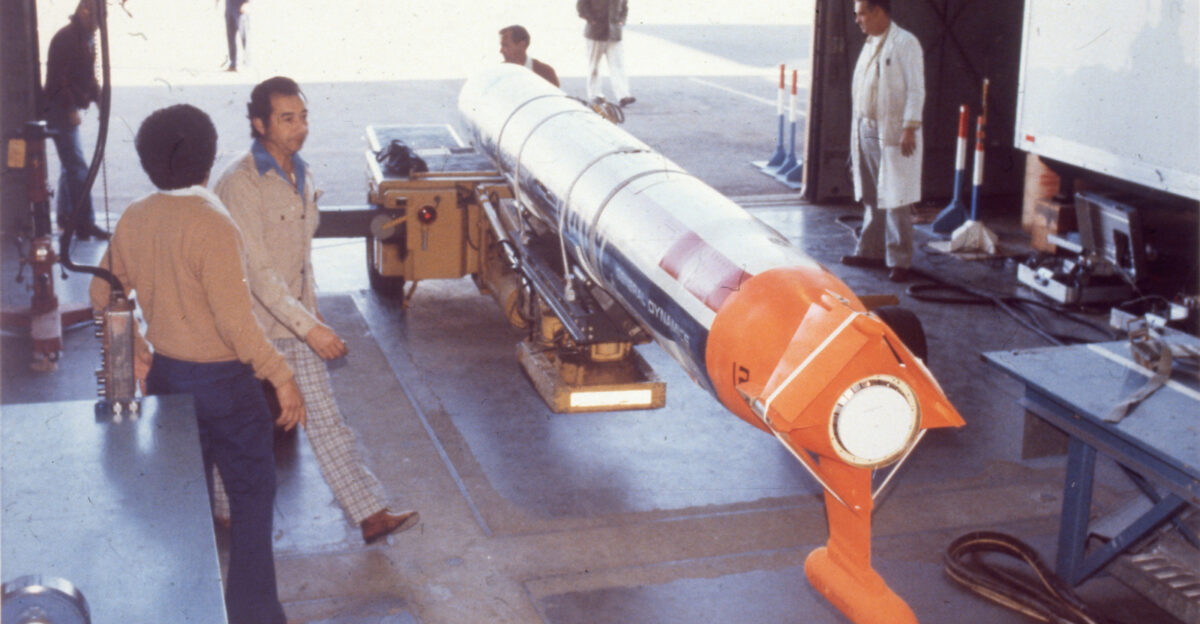
When asked about the potential transfer, Trump didn’t hold back. “Do they want Tomahawks heading their way? I don’t think so,” he said, according to Fox Business and the BBC.
The president added that “if this war isn’t resolved soon, it’s very possible we’ll send Tomahawks to Ukraine,” suggesting the missiles could serve as leverage in ongoing diplomatic talks.
Moscow Responds, Calling the Proposal Provocative

The Kremlin responded forcefully to U.S. discussions of long-range missile transfers, with the Russian Foreign Ministry accusing Washington of a provocative move likely to raise tensions.
Spokespeople warned that the proposal risked serious escalation and that Moscow would treat such deployments as a major strategic shift, framing the U.S. debate as evidence of Western hostility rather than a defensive step.
Pentagon Backs Deterrence, Urges Caution

Inside the Pentagon, officials reportedly view the Tomahawks as a potential deterrent—if used strategically. “President Trump wants leverage for negotiations, not a wider war,” one defense aide told Politico.
Military planners remain cautious, modeling how Russia might respond to a system capable of striking deep into its territory. For now, restraint remains the official tone.
Zelenskyy Pushes for “Real Negotiations” Backed by Strength
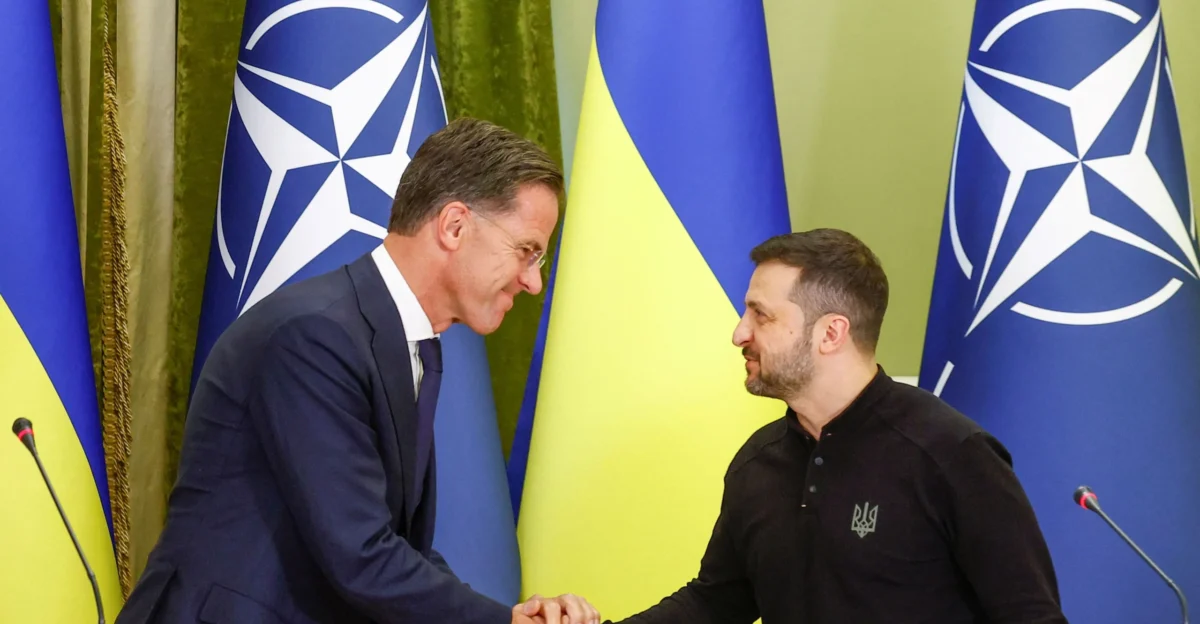
Preparing for his visit to Washington, Zelenskyy echoed that balance between power and diplomacy. “The world must force Moscow to the table for real negotiations,” he said in remarks to Ukrainian media.
He added that Ukraine will continue defending its skies “with or without new weapons,” making clear that peace talks must be paired with credible defense.
Trump and Zelenskyy to Meet in Washington

The White House confirmed that Trump would meet Zelenskyy on Friday to discuss defense cooperation, humanitarian aid, and Ukraine’s winter recovery efforts.
Analysts told Reuters the talks could define whether the U.S. proceeds with Tomahawk deliveries or pivots toward bolstering air defenses. “It’s a defining moment for both leaders,” said one senior diplomat familiar with the agenda.
U.S. Officials Promise Costs, Not a Single Named Envoy

U.S. officials say Washington intends to impose additional costs on Russia if attacks on civilians and infrastructure continue. According to reports from senior U.S. officials and Treasury Secretary Scott Bessent, the administration is drafting new sanctions and economic measures as part of a winter strategy to pressure Moscow.
These measures are expected to target banks, defense suppliers, and networks linked to strikes on Ukraine’s energy infrastructure.
Survivors Recall a Night of Chaos

Survivors described a harrowing night as explosions tore through the hospital. One patient, identified as Natalia, told journalists she suffered cuts from flying glass and feared for her life as staff carried people out through smoke and debris.
Local video verified by reporters showed medics evacuating patients amid flames, highlighting the human toll beyond official casualty counts.
European Diplomats Privately Urge Caution
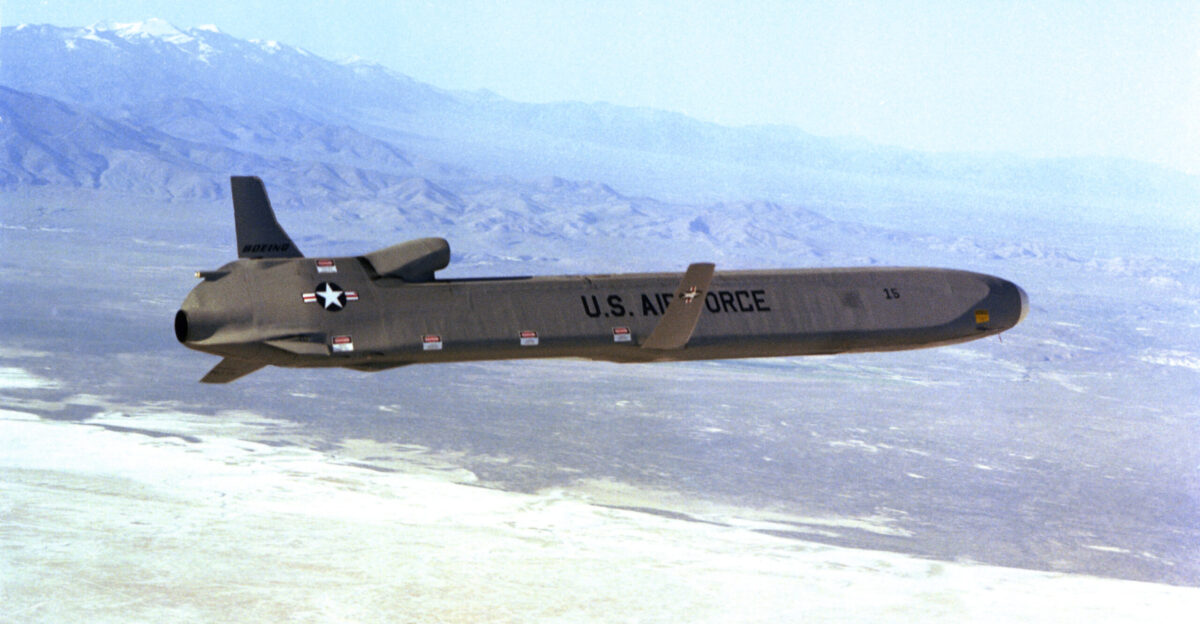
European officials have privately counseled restraint, warning that introducing very long-range weapons carries a risk of widening the conflict beyond Ukraine’s borders.
Diplomats from France, Germany, and other EU capitals have stressed coordinated decision-making and harmony with NATO partners, arguing that fragmented arms transfers could undercut allied unity and complicate diplomatic de-escalation efforts.
Analysts Say Tomahawks Would Shift Calculations — Carefully
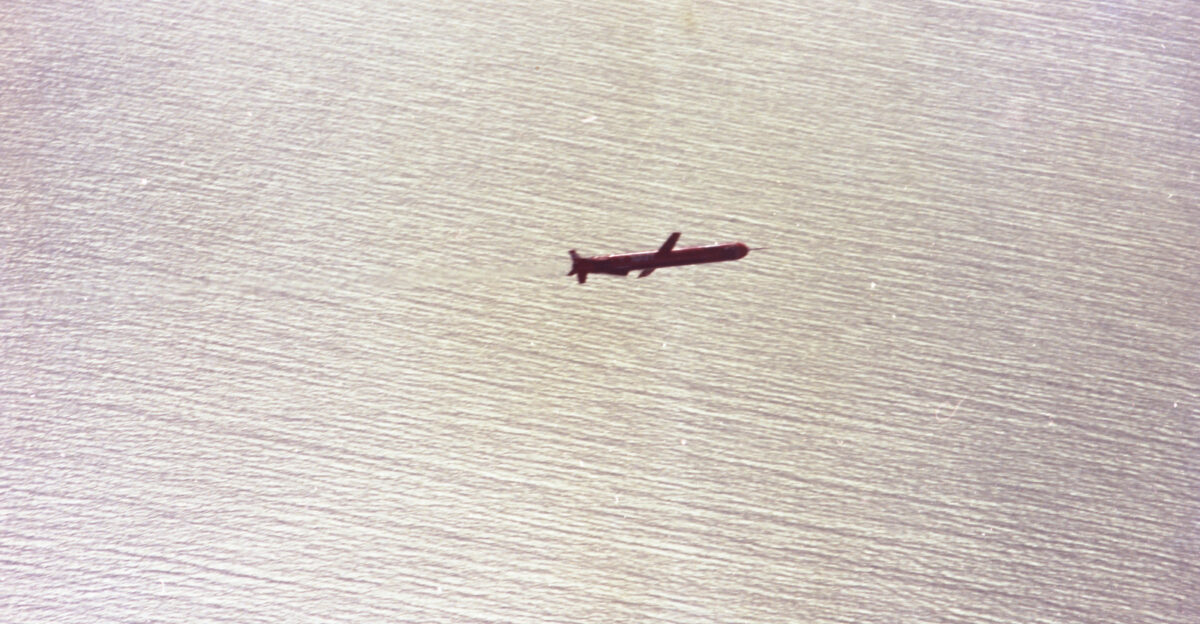
Military analysts argue that giving Ukraine long-range cruise missiles would materially expand its reach and complicate Russian logistics and basing. Experts caution that the move also raises escalation risks and would force a recalculation in Moscow.
Rather than a single definitive view, analysts present a range of scenarios about how much strategic advantage Tomahawks would deliver and at what political cost.
Reports of Large-Scale Mobilization Preparations
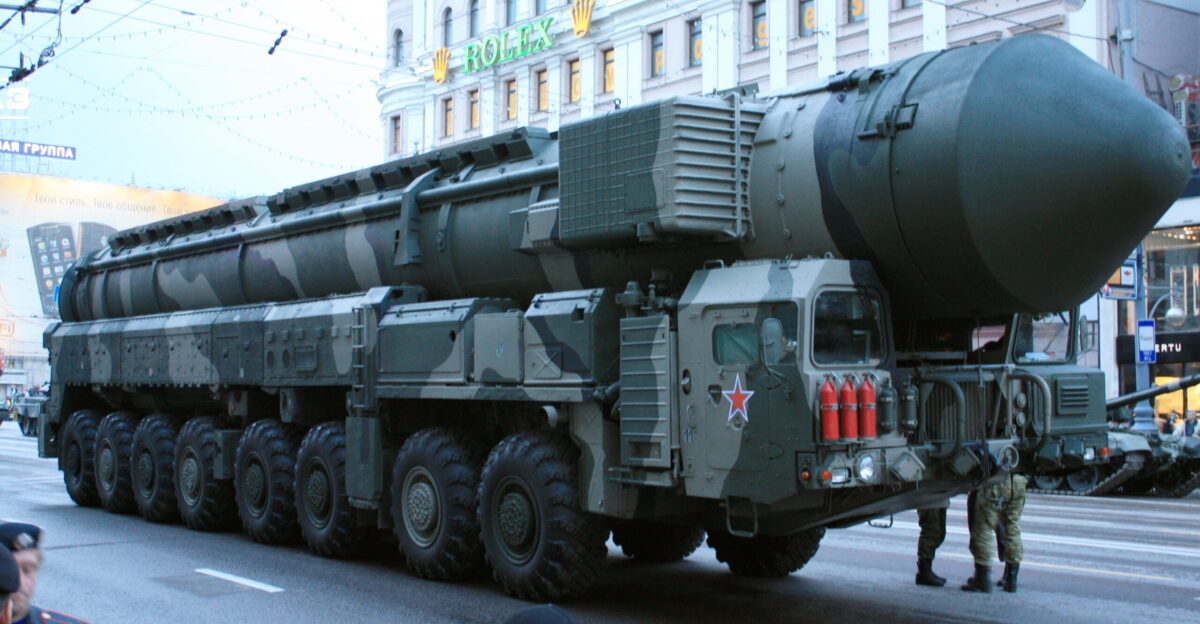
Multiple reports in international and Russian-language outlets say Moscow is preparing wide mobilization measures after recent battlefield setbacks. Some accounts cite planning numbers in the hundreds of thousands or higher.
Independent analysts view the moves as an effort to replenish forces; officials and outlets vary on the exact totals, so figures remain contested and in flux.
Hospitals Brace for Deepening Power Cuts
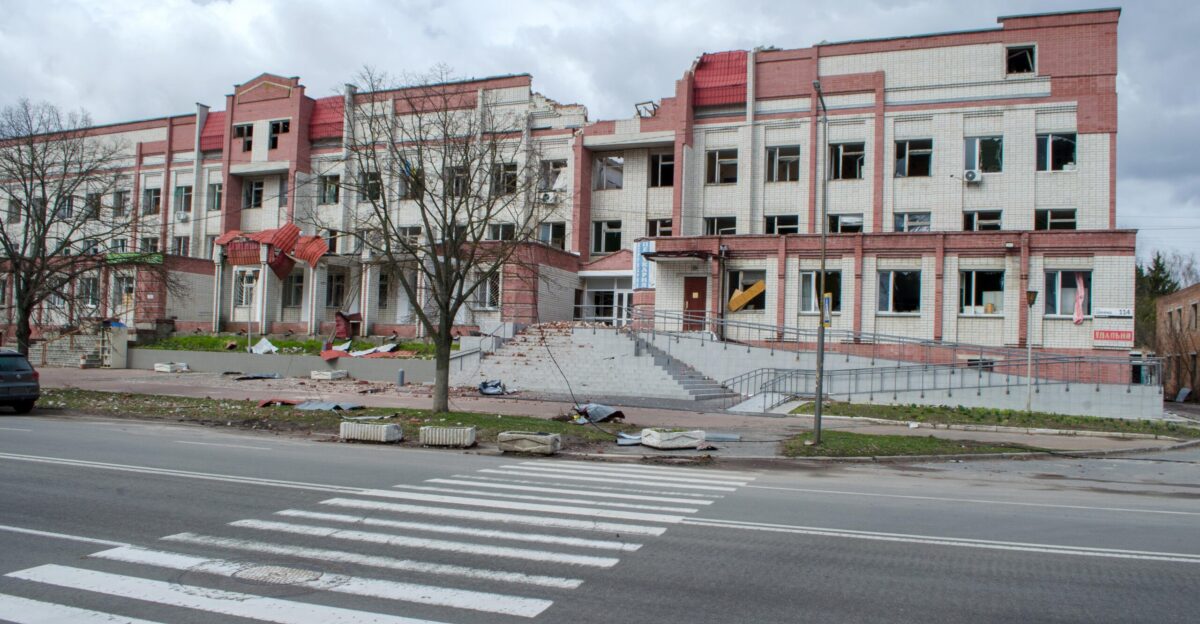
Across Ukraine, hospitals are running on dwindling fuel and flickering generators. “We perform surgeries only during the day now,” one Kharkiv doctor told the Associated Press, describing how teams save diesel for emergencies.
Aid agencies warn that continued attacks on energy infrastructure could cripple intensive care units, leaving doctors to choose who gets electricity—and who doesn’t.
Decision Expected Within Days
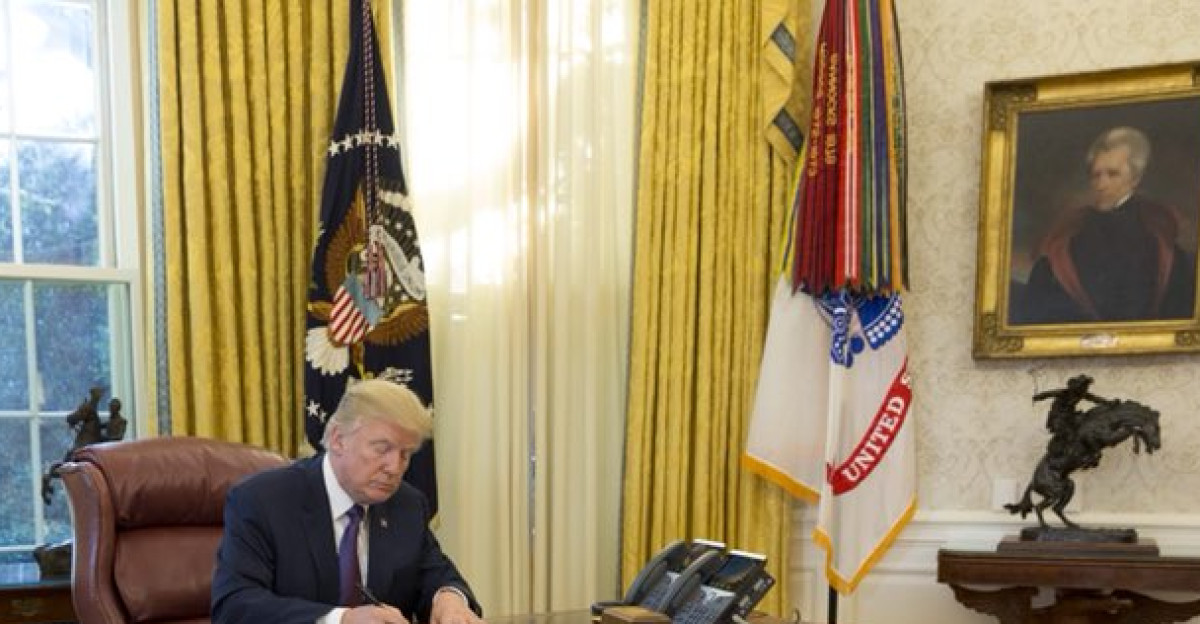
With Trump’s decision on the Tomahawk transfer imminent, the international stakes extend far beyond Ukraine’s immediate battlefield needs. At this pivotal moment, Washington’s resolve is being scrutinized not only by Kyiv and Moscow but by capitals across Europe and the world.
Clear, timely action will either strengthen deterrence and shape the balance of power—or, if America falters, risk emboldening further aggression and eroding global confidence in U.S. leadership.